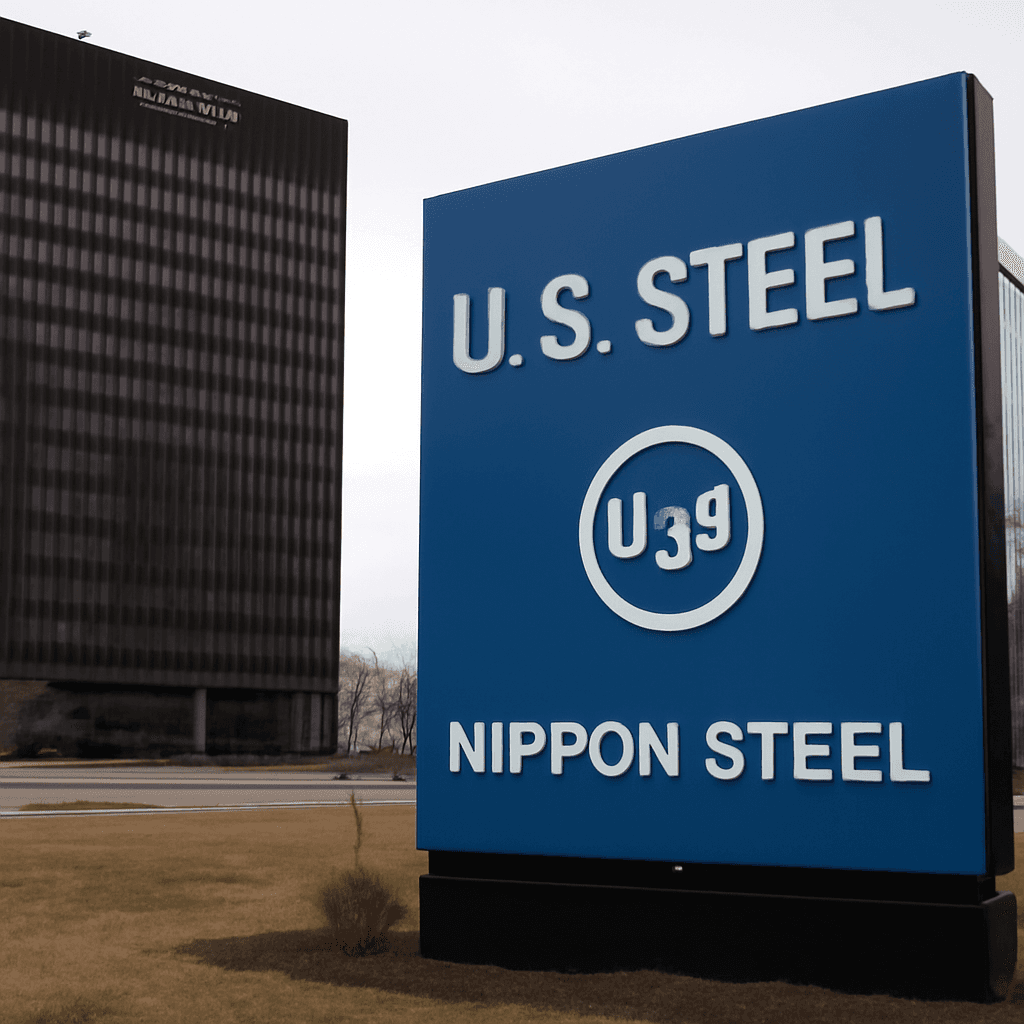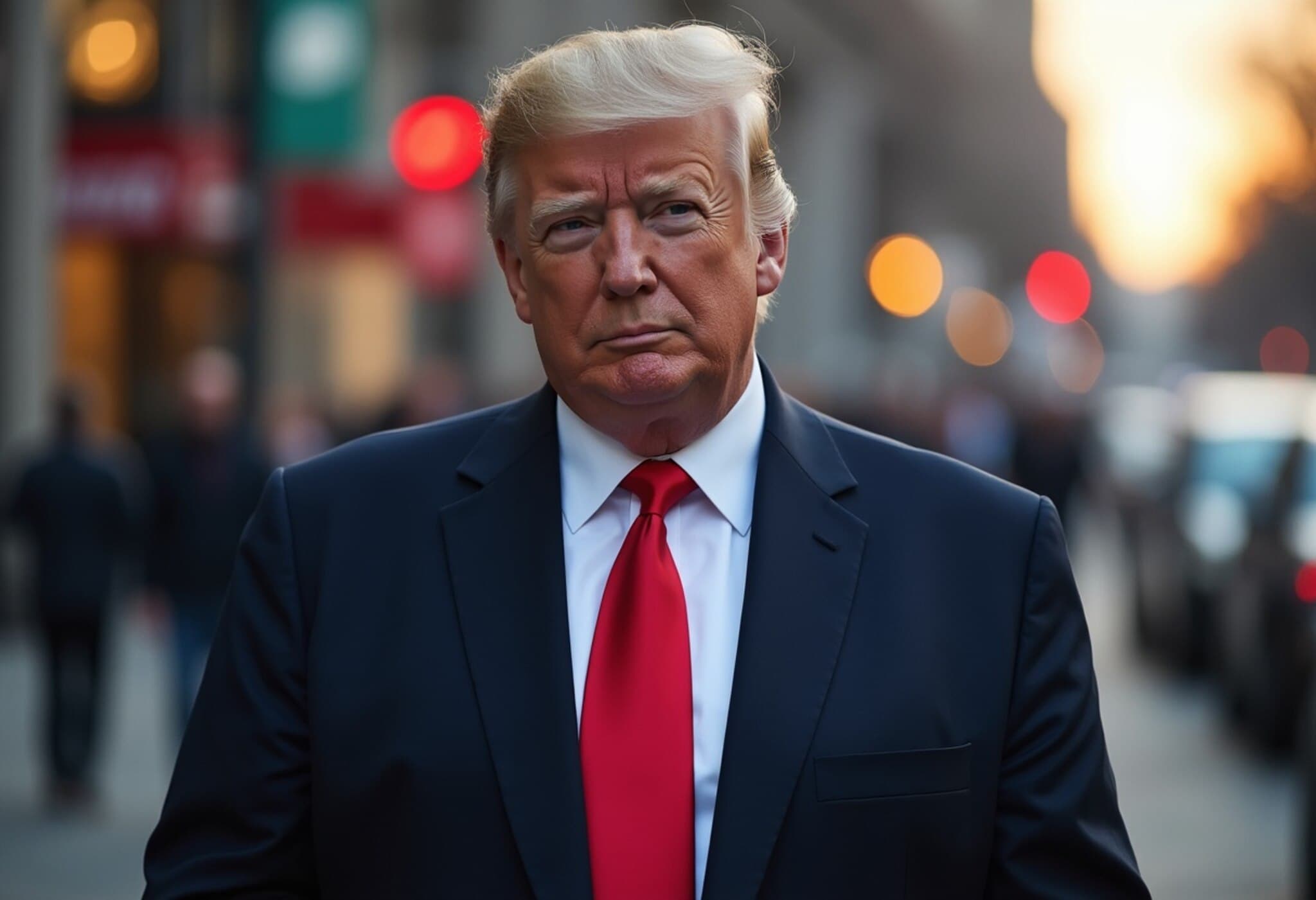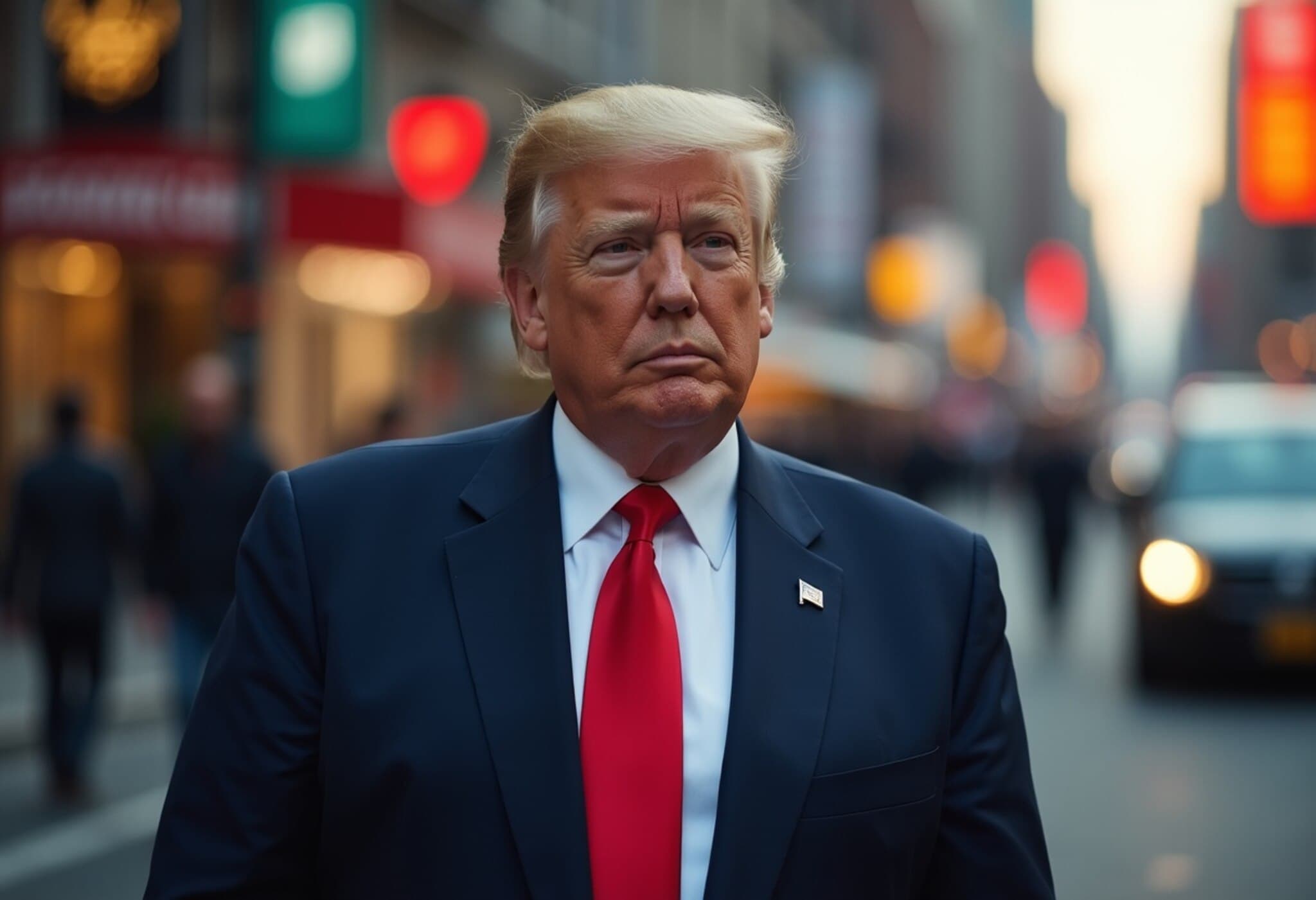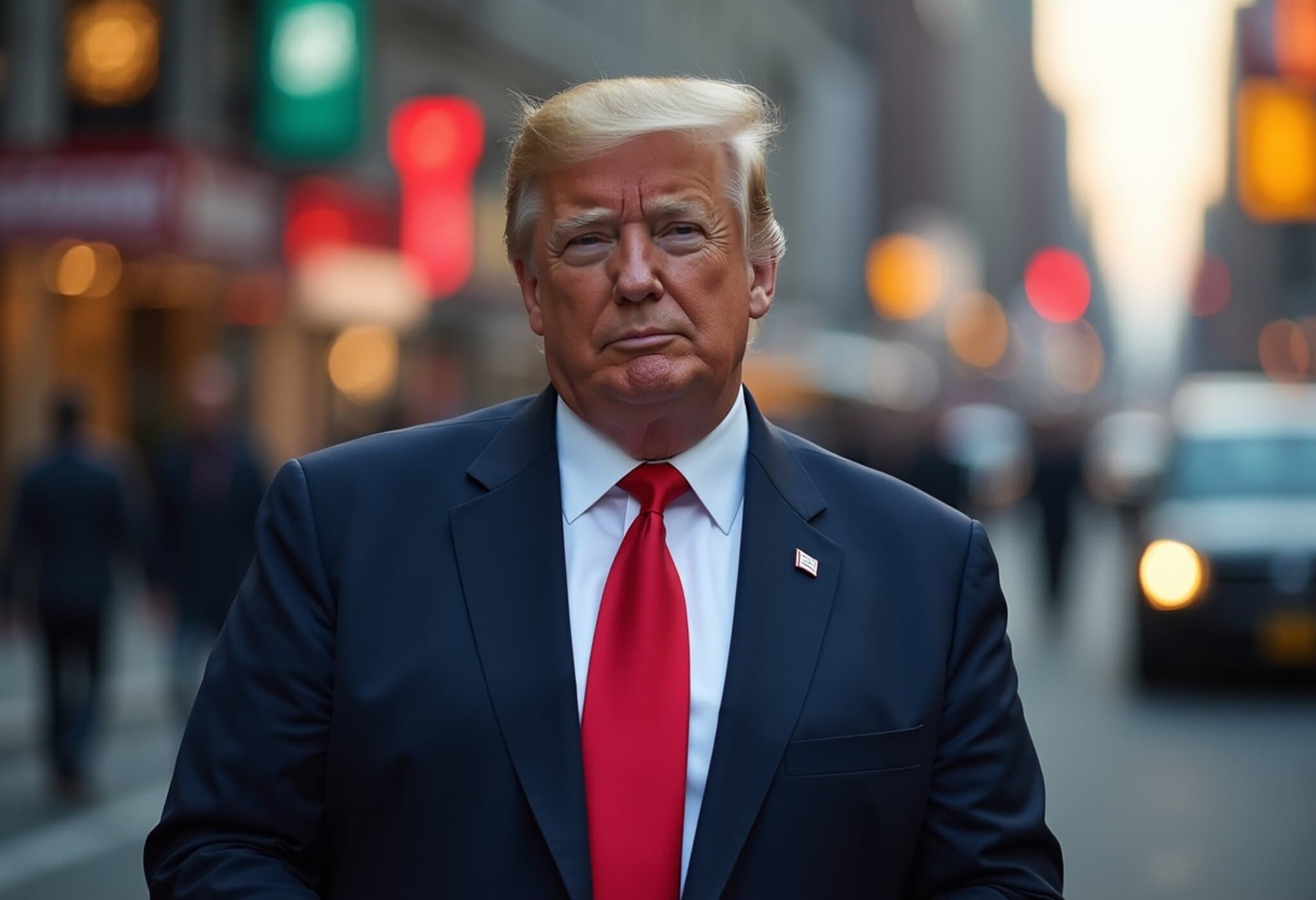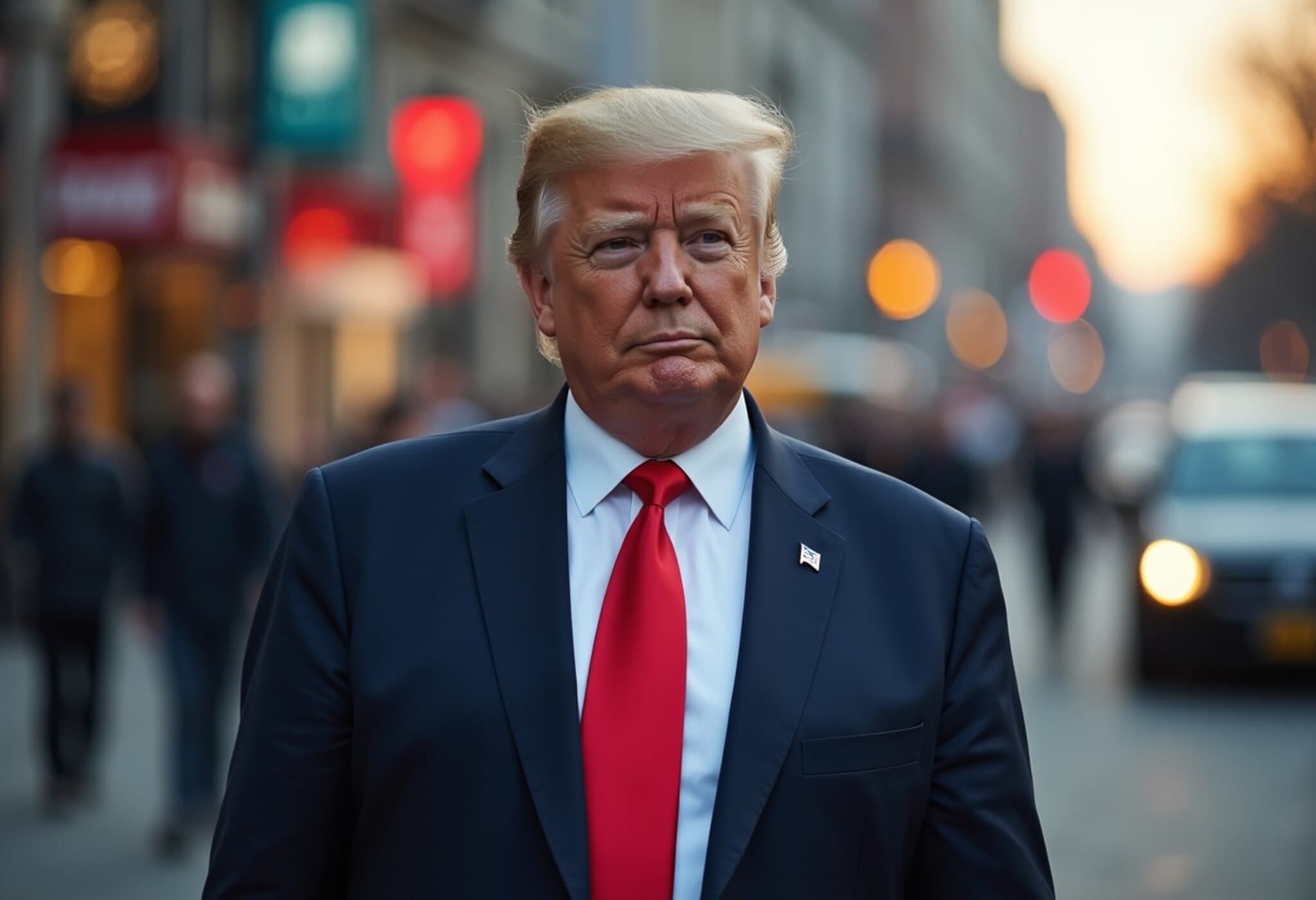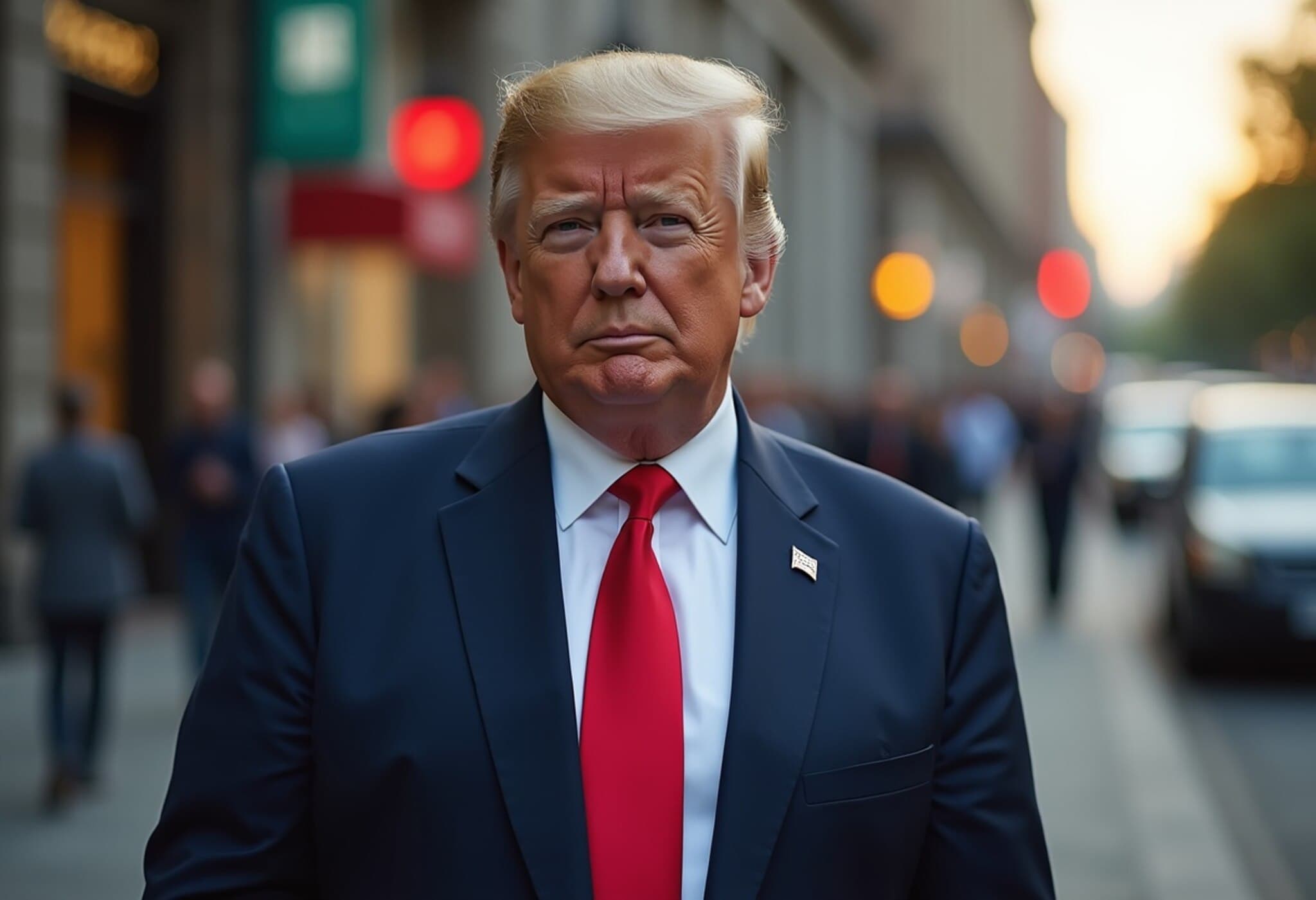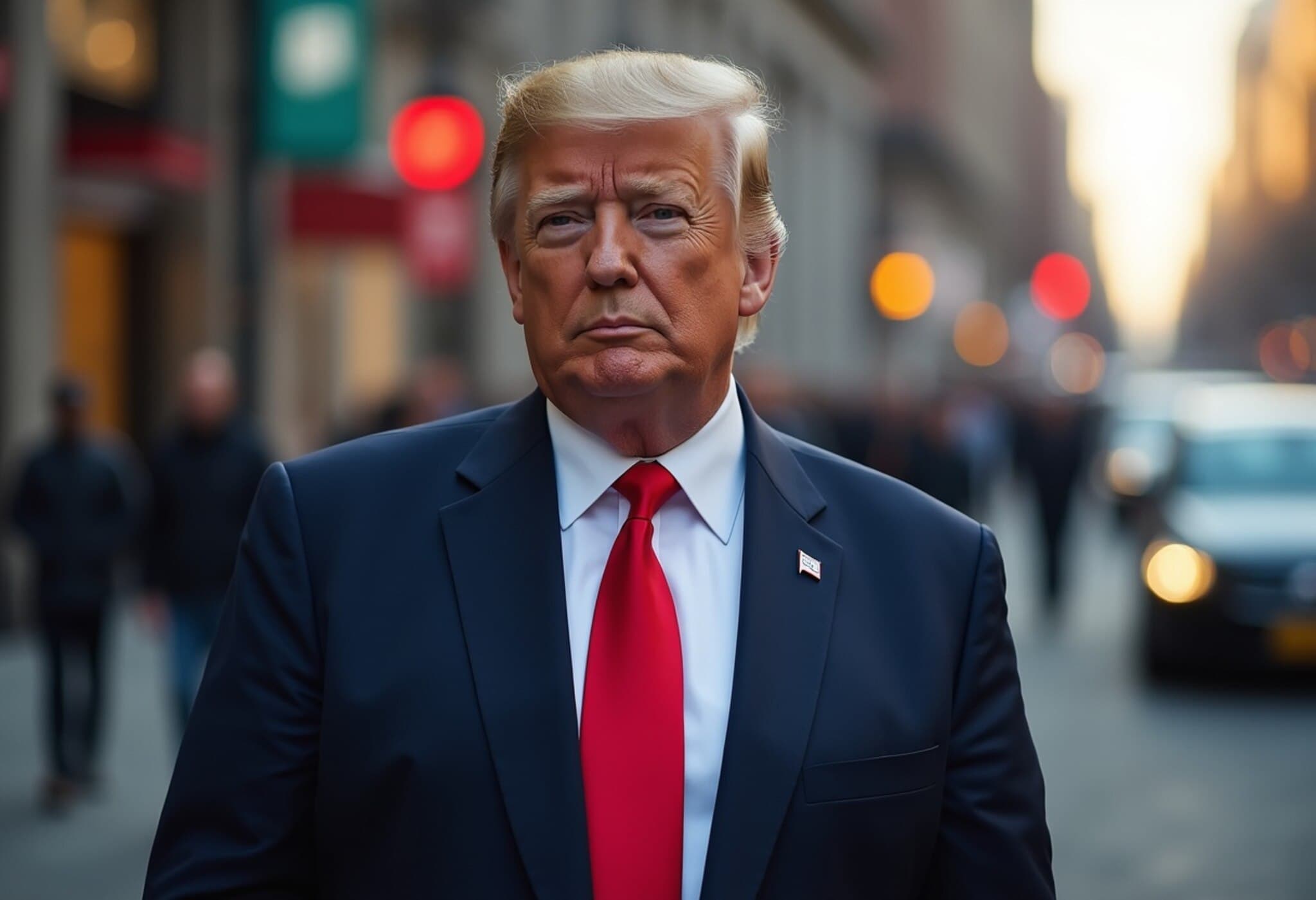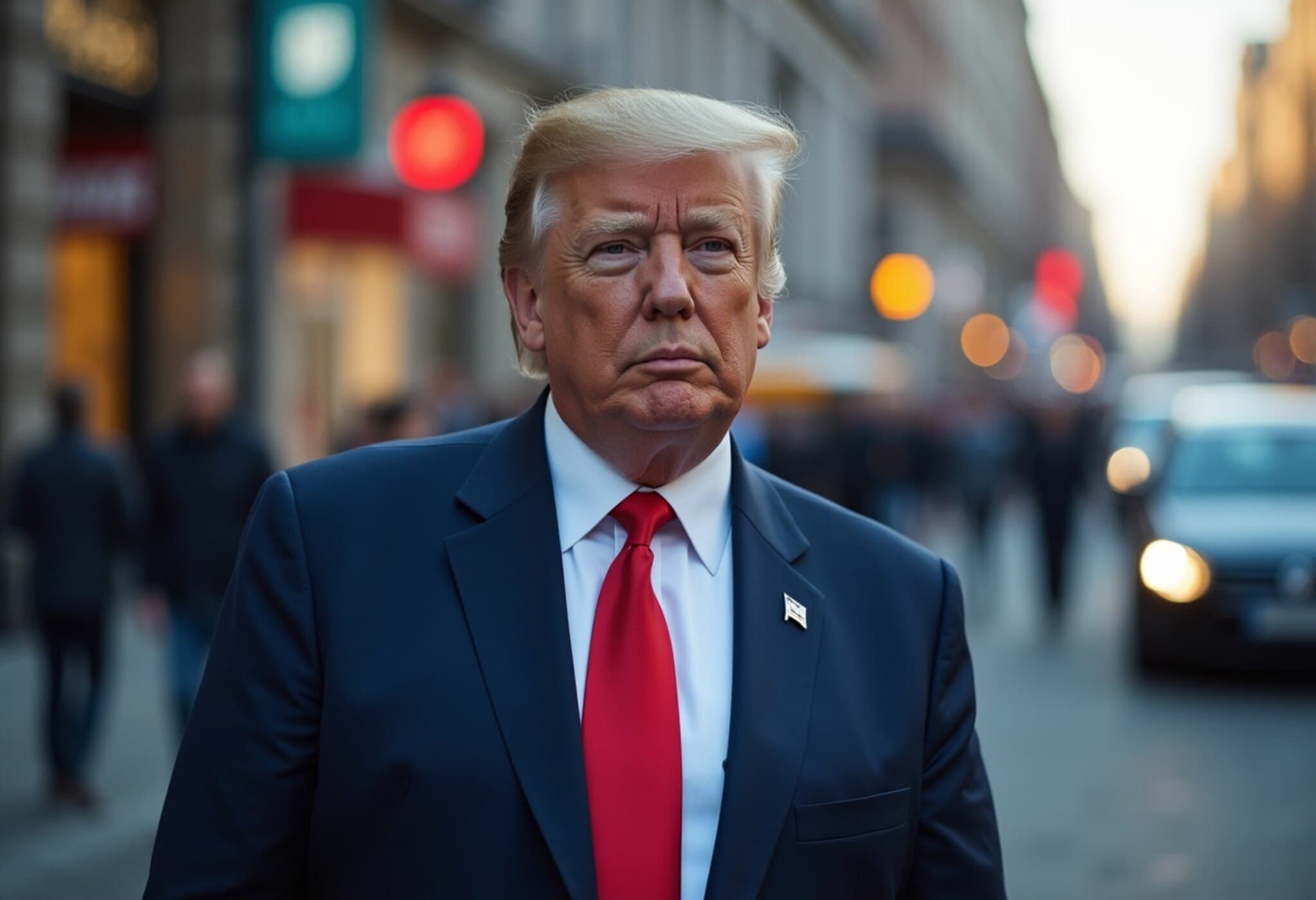Europe’s Earnings Show Signs of Tariff Impact
As the 2025 earnings season unfolds across Europe, the shadow of U.S. tariffs is becoming increasingly evident in corporate results. What was initially anticipated as a modest 0.2% decline in profits for companies on the Stoxx Europe 600 index has been revised downward to a 0.7% year-over-year drop, based on the latest data from LSEG. This shift signals growing concerns that the transatlantic trade disputes are starting to bite into profitability, sales momentum, and investment confidence among major European firms.
Manufacturing Sector Bears the Brunt
The automotive industry stands at the forefront of these challenges, grappling with disrupted supply chains and cooling demand. British luxury carmaker Jaguar Land Rover, owned by India’s Tata Motors, reported a steep 15.1% slump in retail sales for the quarter ending June 30. The company specifically linked this drop to a “pause in shipments to the U.S. during April 2025 following the introduction of U.S. import tariffs.”
Similarly, Sweden’s Volvo Group is recalibrating its North American footprint amid ongoing uncertainty. CEO Martin Lundstedt cited weak demand exacerbated by tariff tensions and forthcoming Environmental Protection Agency emissions standards. To adapt, Volvo is trimming production capacity in North America, underscoring the tangible ripple effects of policy uncertainty on manufacturing strategies.
Investment Postponements Ripple through Industrial Giants
The tariff-induced uncertainty also translates into deferred investments. Norway’s Tomra Systems, a leading recycling machinery manufacturer, disclosed that economic and tariff apprehensions are causing clients to postpone capital expenditures. Echoing this hesitation, Swiss industrial heavyweight ABB observed that buyers of its robotics solutions remain in a cautious “wait-and-see” stance amid tariff unpredictability, delaying project timelines despite ABB achieving record second-quarter orders overall.
Consumer Goods Face Rising Costs and Volume Pressures
Outside manufacturing, tariff pressures are squeezing consumer goods companies through higher input costs. For instance, Essity, maker of TENA incontinence products, acknowledged raising prices to offset escalating costs related to tariffs and supply chain challenges. Meanwhile, largest global chocolate producer Barry Callebaut suffered a 9.5% drop in third-quarter volumes in North America, citing tariff uncertainties as a significant factor forcing downward revisions of its full-year outlook.
Financial Sector Also Feels the Heat
Even European banks and investment firms are not insulated. Nordea Bank reported that its market-making operations experienced volatility linked to tariff-induced uncertainty, while Swedish investor Investor AB noted margin pressure at its medical device unit, Molnlycke, albeit to a lesser extent.
Some Companies Navigate the Storm More Successfully
Not all firms are taking a hit. Industrial group Sandvik highlighted a rapid adjustment to tariffs, claiming to have fully offset their impact within the quarter. Pharmaceutical giant Novartis also expressed confidence that tariffs would not significantly affect its 2025 financial outlook, owing to adequate U.S. inventories and strategic moves to localize production. CEO Vasant Narasimhan emphasized their commitment to producing medicines domestically in the U.S. over the coming years to mitigate tariff risks entirely.
Expert Insight: The Bigger Picture and What Lies Ahead
The evolving tariff scenario is a vivid illustration of how geopolitical trade tensions directly intersect with corporate performance in Europe. While some sectors bear disproportionate burdens, the broader economic uncertainty it creates prompts cautious behavior among investors and consumers alike, potentially dampening growth beyond the immediate cost pressures.
From an American policy perspective, these developments underscore the unintended consequences tariffs can have on both sides of the Atlantic. U.S. import duties, intended to protect domestic industries or pressure trade negotiations, may simultaneously curtail demand for American exports like machinery and pharmaceuticals, disrupting global supply chains and market dynamics.
Looking forward, companies’ ability to adapt—through supply chain diversification, increased local production, or innovation—will be critical. Policymakers will need to balance trade objectives with the risk of economic headwinds spiraling into broader market instability.
Summary: Navigating a Complex Trade Landscape
- Tariffs introduced by the U.S. are now clearly affecting European corporate profits, pushing analyst forecasts downward.
- Auto and industrial manufacturing sectors are visibly scaling back operations amid tariff and regulatory uncertainties.
- Consumer goods firms face cost inflation and softening demand, particularly in North America.
- Financial companies report market volatility linked to the unpredictable trade environment.
- Some industrial and pharmaceutical companies effectively mitigate tariff impacts through strategic responses.


